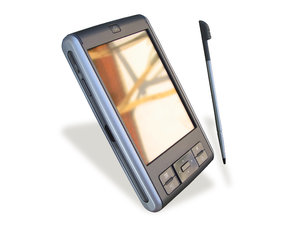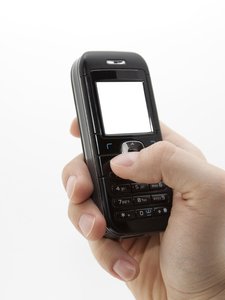You can kiss texting while driving goodbye, and with good reason.
According to The Miami Herald, Governor Rick Scott recently signed the ban. It’s now illegal for all drivers in the state of Florida to text message in the driver’s seat — or at least it will be when the law takes effect in October.

Our Naples car accident lawyers understand that we’re the 41st state to enact this kind of law. But better late than never. Unfortunately, this law is only secondary. This means that an officer cannot pull over a driver solely for texting while driving. It means that they have to observe that driver breaking another law, like making an illegal turn or speeding, before an officer can pull a driver over and hand out a citation for text messaging.
This new law was signed just days ago at a Miami high school. Officials found this location fitting because our teenage drivers are some of the most common offenders when it comes to driving and text messaging. We’re also entering the middle of the “100 Deadliest Days” for teen drivers. This is the time from Memorial Day to Labor Day. During this time, young drivers are let out for summer break and are spending a lot more time behind the wheel. With more time out on our roadways, they’re facing a lot more risks for accidents. And that’s why safe driving laws are so important.
“This is going to save lives. This is going to make sure our teenagers are safe while driving, that they’re not distracted while driving,” said Scott.
This law proved quite the battle for lawmakers. It took five attempts to get it passed. Previous efforts to get it through stopped when House Republicans stood against it. Conservative members were worried about intruding into driver’s personal business.
The House decided to make it okay for officers to use a driver’s cell phone records against them in court, only when the accident resulted in injury.
Citations and punishments aside, you should never take your eyes off the road anyway. According to the Federal Motor Carrier Association (FMCSA), a text message takes a driver’s eyes off the road for an average of about 5 seconds. If you’re driving at 55 miles per hour, that means that you can travel the entire length of a football field without ever looking up at the road. It’s driving blind.
In 2012, there were close to 265,500 reported accidents in the state of Florida. In those accidents, close to 5,000 involved a driver who was texting or using an “electronic communication device” behind the wheel.
Critics of the new law say that it should have been made a primary offense and that this law is going to be difficult to enforce. They’re saying it’ll be difficult for an officer to determine if a driver was composing a text (illegal) or dialing a phone number to call (legal).
Still feel the need to text behind the wheel? While we don’t advise it, drivers will still be allowed to use talk-to-text devices. The law also allows drivers to text while stopped at a red light.
Continue reading ›
 Florida Injury Lawyer Blog
Florida Injury Lawyer Blog














